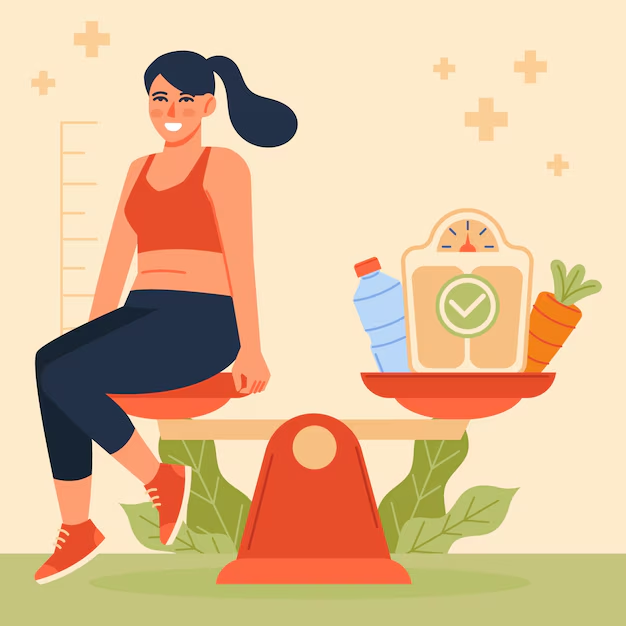
Menstruation is a natural process that affects women each month, and adopting healthy habits during this time can help manage symptoms and promote overall well-being. From nutrition to lifestyle choices, here are some effective strategies to help you feel more comfortable and supported during your period.
1. Maintain a Balanced Diet
Eating a nutritious diet can help alleviate menstrual symptoms and support overall health:
Increase Iron Intake: Many women experience iron deficiency during menstruation due to blood loss. Incorporate iron-rich foods such as lean meats, leafy greens (spinach, kale), beans, and fortified cereals.
Stay Hydrated: Drink plenty of water to help reduce bloating and maintain hydration levels.
Limit Caffeine and Salt: Caffeine and salty foods can exacerbate bloating and discomfort. Opt for herbal teas and choose low-sodium options.
2. Exercise Regularly
Light exercise can help alleviate cramps and improve mood during your period:
Low-Impact Activities: Engage in gentle exercises like walking, yoga, or swimming to increase blood flow and reduce tension.
Stretching: Practice stretching exercises to relieve muscle tension and ease cramps.
Aerobic Exercise: Light aerobic activities like cycling or dancing can boost endorphins, which can help alleviate mood swings and fatigue.
3. Practice Good Hygiene
Maintaining good hygiene during menstruation is essential for comfort and hygiene:
Change Regularly: Change your sanitary products (pads, tampons, menstrual cups) every 4-6 hours to prevent odor and discomfort.
Choose Comfortable Products: Select products that suit your flow and provide comfort and leak protection.
Stay Clean: Wash your genital area with mild soap and water regularly to prevent infections.
4. Manage Stress
Stress can exacerbate menstrual symptoms, so incorporating stress management techniques can be beneficial:
Relaxation Techniques: Practice deep breathing, meditation, or progressive muscle relaxation to reduce stress levels.
Prioritize Sleep: Aim for 7-9 hours of quality sleep each night to support overall well-being and hormone balance.
5. Use Heat Therapy
Applying heat to your abdomen or lower back can help alleviate menstrual cramps and discomfort:
Hot Water Bottle: Use a hot water bottle or heating pad on your abdomen or lower back for 15-20 minutes at a time.
Warm Bath: Take a warm bath to relax muscles and alleviate tension.
6. Listen to Your Body
Pay attention to your body’s signals and adjust your routine accordingly:
Rest When Needed: Allow yourself time to rest and relax if you’re feeling fatigued or experiencing discomfort.
Avoid Overexertion: Don’t push yourself too hard physically or mentally during your period.
7. Stay Positive and Supportive
Lastly, maintain a positive mindset and seek support from friends, family, or online communities:
Self-Care: Treat yourself to activities you enjoy, such as reading, listening to music, or watching movies.
Seek Support: Talk to friends or loved ones about how you’re feeling, or join online forums or support groups for menstrual health discussions.
Conclusion
Incorporating healthy habits during your period can help alleviate symptoms, improve comfort, and support overall well-being. By maintaining a balanced diet, exercising regularly, practicing good hygiene, managing stress, using heat therapy, listening to your body, and seeking support, you can navigate menstruation with greater ease and maintain optimal health.
